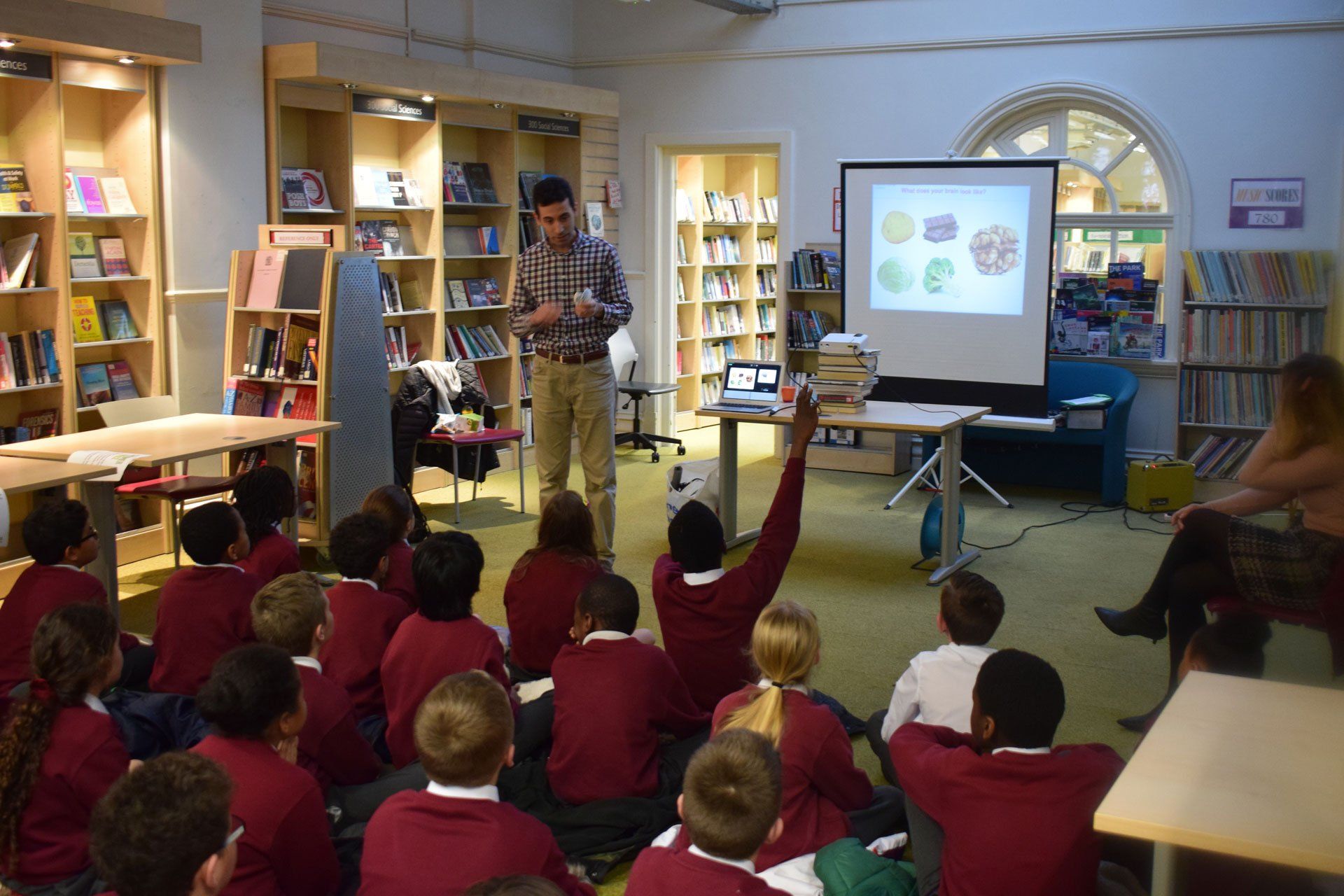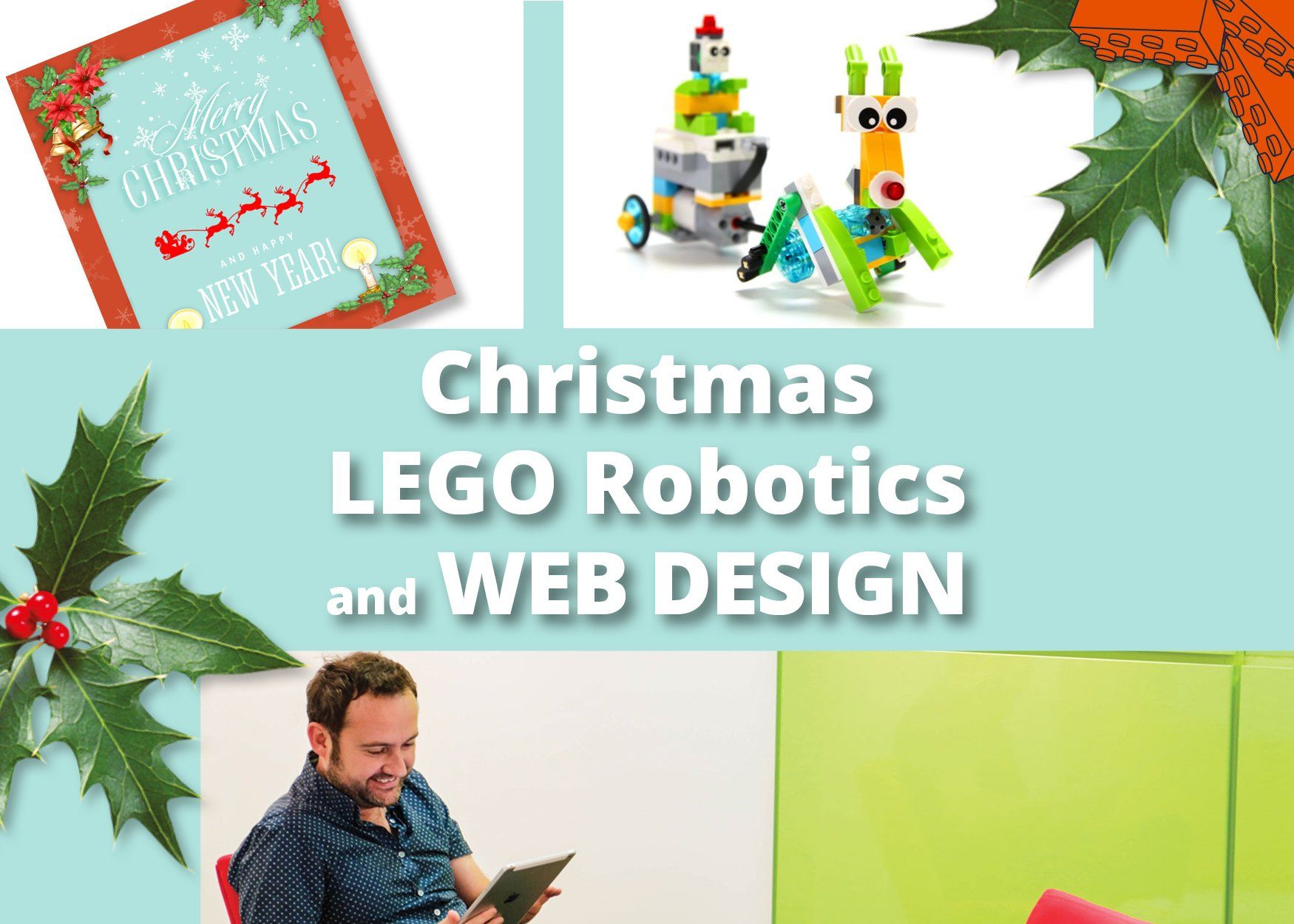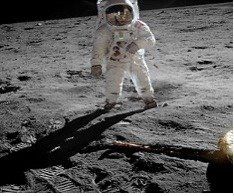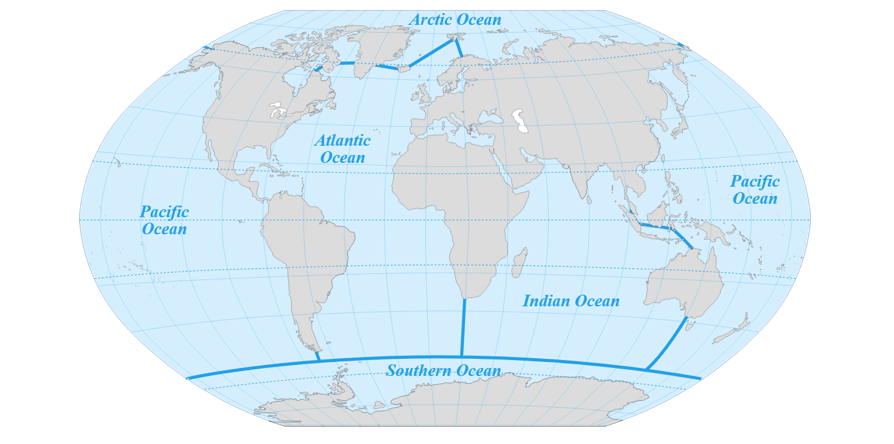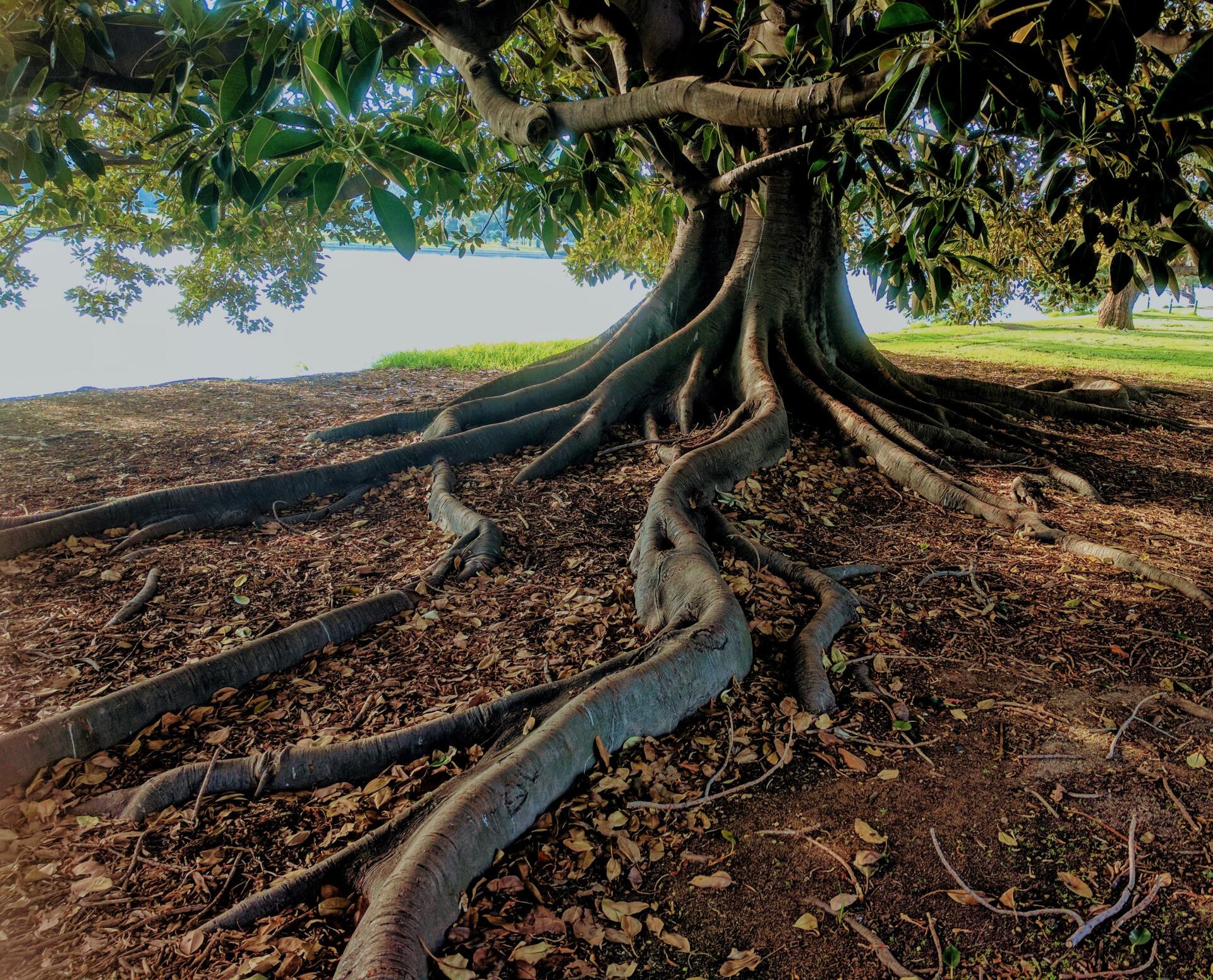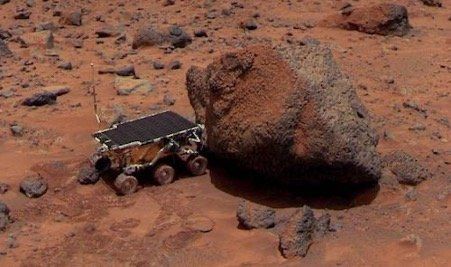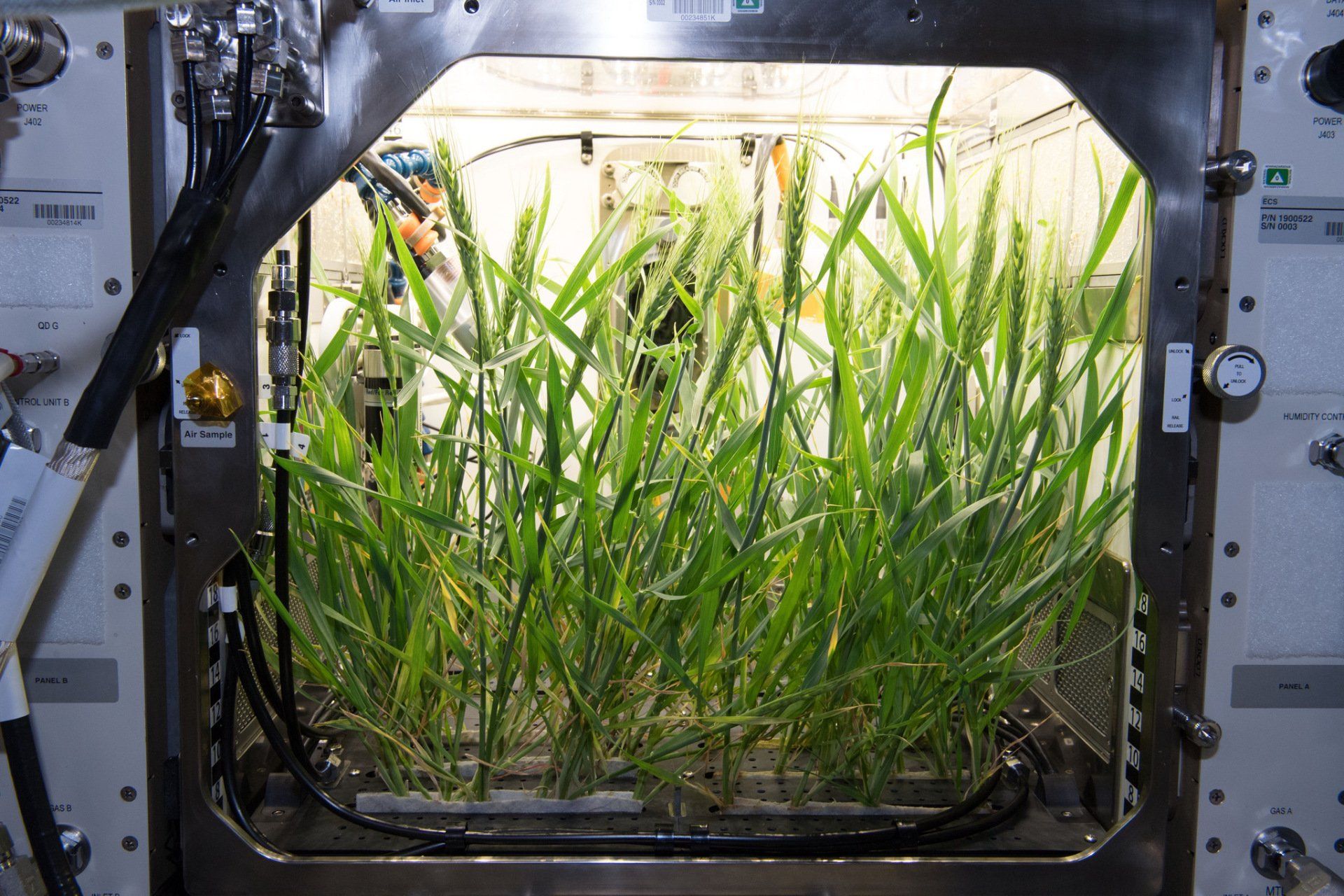Trash in Space
- By EM Team
- •
- 07 May, 2021
- •
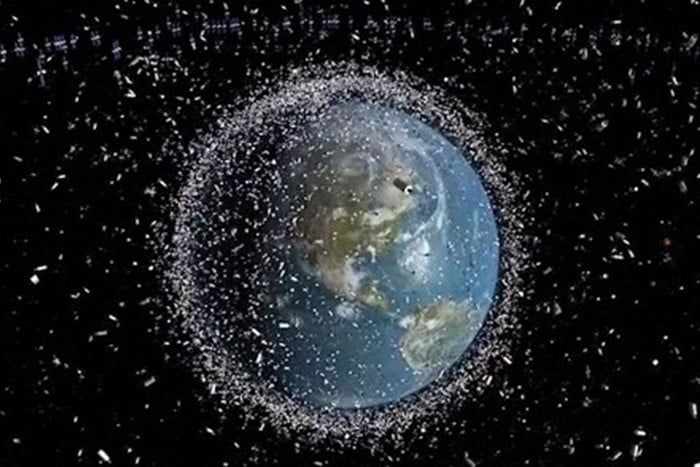
Did you know that our Earth is surrounded by man-made trash?
Is called Space Debris and consists of parts of dead satellites, bolts, nuts. We became aware of these issues for the first time in 2009 when 2 satellites, one of them inactive, accidentally collided bursting into lots of fragments.
34,000 pieces of Space junk are larger than 10 centimetres!
Most of this Space junk is within 1,250 miles of Earth's surface, in what is known as low Earth orbit, where most of the satellites are located, including the International Space Station (ISS) where astronauts live and work.
How to get rid of the Space Debris?
Each nation should take care of its dead satellites and dispose of them within 25 years of inactivity by dragging them into the atmosphere.
Is it going to be dangerous for us?
The satellites will burn out once into the atmosphere, so they won't hit the Earth's surface, but they will indeed increase the air pollution...
What about the rubbish produced by the International Space Station?
In this video from NASA you can see how the rubbish is initially stored in the meantime a cargo ship comes to collect it and burn it during the re-entry.
Researchers at Nasa are also studying how to repurpose waste and convert the rubbish into methane gas to make rocket propellant while the water is already filtered and recycled.
Do you have any ideas about how the Space Debris could be recycled or disposed? Email us at info@engineeringminds.org.uk

